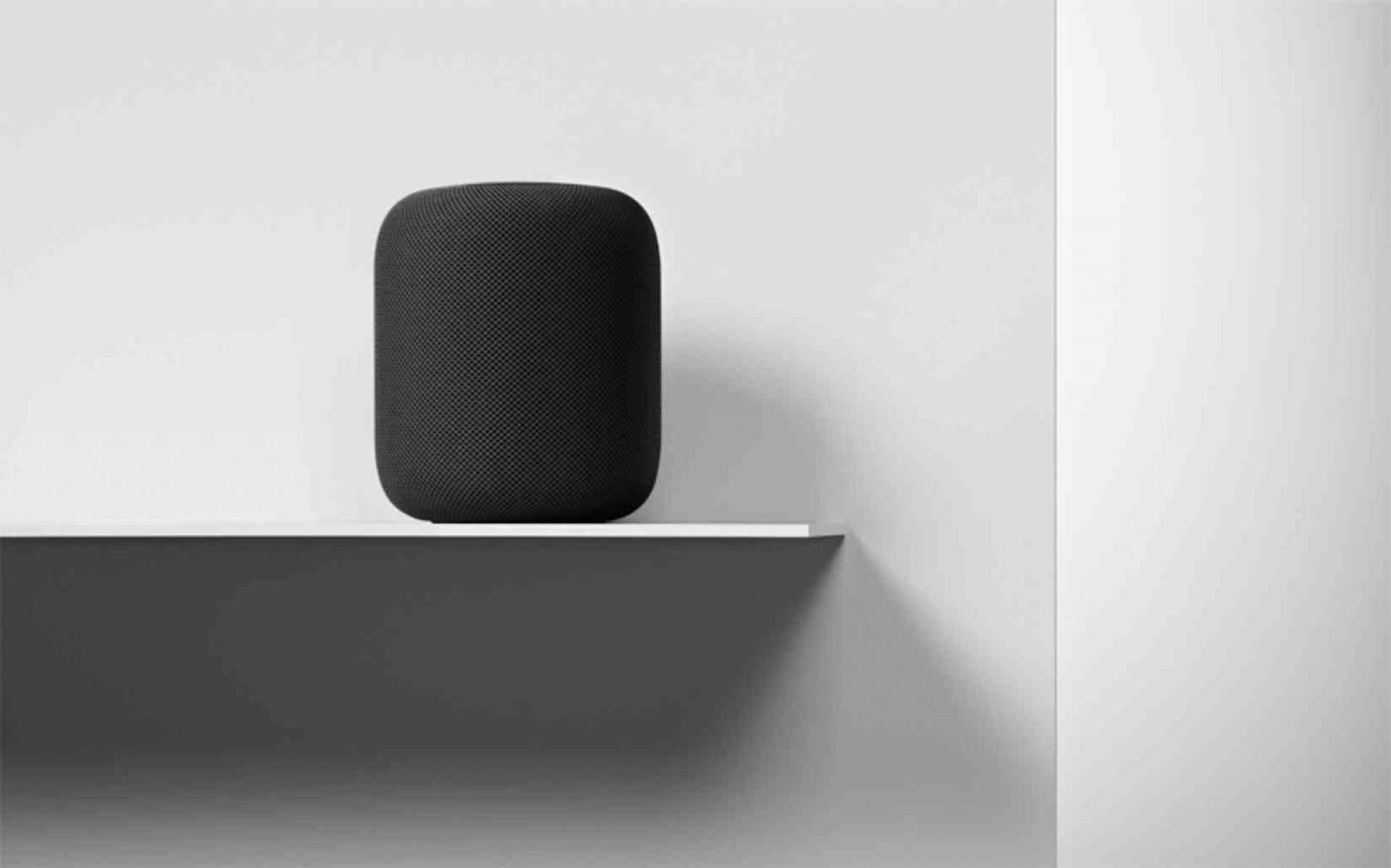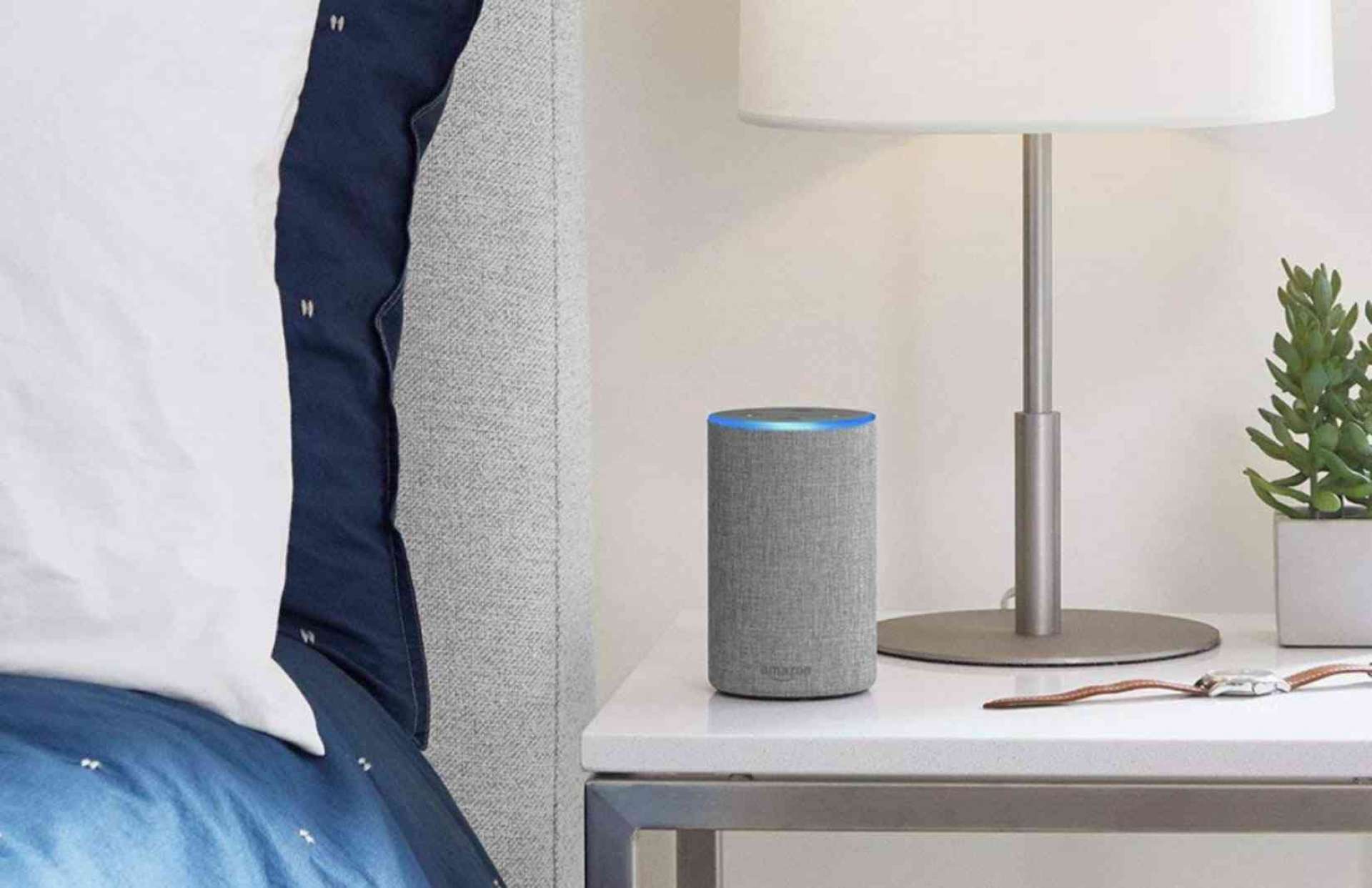The year of the smart speaker is finally here. Whether it’s an Amazon Echo, Google Home or Apple HomePod, if you’re reading this, you likely have at least one smart speaker in your home.
The only problem with the smart speaker invasion? We’ve taken the humble speaker that worked with anything, and turned it into a myriad of walled gardens designed to lock you in.
I wholeheartedly embraced smart speakers when they emerged as a category in 2016. Google Home seemed akin to magic at the time — summon the answer to anything with just your voice — freeing the smart assistant from your phone.
Living with one has been an interesting exercise in watching a platform evolve from unclear purpose to a day-to-day tool that we all use in our home to get more out of the day. It’s also been a game of figuring out what its limitations are, given they aren't clear at first, but we enjoy having it around nonetheless.
What I’ve come to realize is that smart speakers are artificially limited by the same old boring problem: turf wars between the biggest technology companies in the world. I’m addicted to smart speakers to the point that I’ve tried to say Alexa in public places more than once to summon music or my calendar, but frustrated by their realities.
Land grab

Smart speakers are the hottest platform in town. Everyone’s playing the game, and it’s so early that nobody’s winning yet — Canalys reports that some 45.5 million speakers shipped in 2018 alone, and that the category still isn’t slowing down, with some estimates pinning it at 138 million by 2020.
Here’s the thing: that land grab comes with compromises, because it’s every smart speaker for itself.
If you by the Amazon Echo speaker, you get Alexa, which means you’ll have a great Amazon shopping experience, and basically nothing else of substance. Buy Google Home, and it’ll integrate with your email, photos, calendar and everything else. Buy Apple’s HomePod and you’ll get… Siri. You get the picture, but it’s largely the same wherever you look.
The devil is in the details: if you jump in with Google, you’re not going to be able to use Apple Music, because Apple chose to make that exclusive to HomePod. If you get a HomePod, you can’t use Spotify, because Apple prohibits that. Buy a Sonos and you get to use Alexa, but only some of its features, because it can't be better than on Amazon’s own speakers.
When you buy a smart speaker, you’re committing to a set of supported services that the company is willing to support. You’re required to work around them, and it’s unlikely to change anytime soon — nothing works together, and everything’s terrible as a result.
That’s weird if you think about how these devices technically work, for a second: all they do is listen long enough to catch a hotword, open a pipe to some cloud service, and make the decision about how to respond elsewhere. The limitations, outside of hotword detection complexity, are simply fabricated to have your attention embedded in a particular ecosystem.
In our home we have a bunch of Google Home devices and a single Alexa device, which came as a part of Sonos’ Beam speaker. In an ideal world, everyone would play nice together, but it’s about the most painful experience I can imagine: I can use Alexa to turn on and off the TV, but it can’t group speakers to play music because that’s only allowed on first-party Amazon devices.
The same is true the other way around. Sonos’ speakers don’t integrate with Google Home, so piping music into the existing speakers I have in every room is an exercise in hacking it together with Chromecast Audio devices.
It’s my fault for buying in early, given that Google Assistant was supposed to arrive for Sonos, but I’ve heard the reason it hasn’t arrived is Sonos insists on allowing it to be active at the same as competing voice assistants, which both Google and Amazon will never agree to.
The same old turf war

According to the current vision of technology companies, the idea is apparently to have an entire dedicated speaker for each assistant in your home, and dictate that everyone within should use the same stuff from music services to what email inbox you use.
To get the most out of a smart speaker today, you and your partner should both choose to use the same mobile operating system, the set of services you interact with every day, and so on.... or just get two separate devices to cater to both of your needs, which just isn’t going to happen for most people.
That’s what’s sad about voice assistants and smart speakers: they’re really good. I love mine! It's just stupid how dumb these smart devices really are, and it's all artificially imposed on us based on who's competing with what.
If the platform wars would make way for good old-fashioned competition, we’d have some truly compelling ideas on the table rather than the same old fighting over what service has the most users. Why can’t I summon Google Assistant from an Alexa device? Why does Apple block me from using Spotify properly? Would Amazon really lose out if its shopping services were on every smart speaker?
The next steps from there are fairly obvious, in a world without walled gardens. I’d always dreamed that a killer smart future would be allowing people to summon whatever voice assistant they felt like, just like you can install any app you want on your phone. Everyone would have to compete for the best experience, not just getting inside your home.
All of these devices are sitting there with powerful microphones, and it seems reasonable that eventually I could say Hey Google to someone else’s speaker and summon my own information securely, regardless of whether or not I actually own it.
So… what does it matter if Siri and Alexa can be summoned from my Google Home? I'd argue it would make a much more compelling case for both assistants, and it would mean that we’d be less likely to be engaged in this shitty game of ‘what walled garden do you want along with your music?’
The movie Her was compelling because the main character, Theodore, was able to buy a earpiece, put it in, and his virtual assistant didn’t immediately start asking What music service do you want to use? Spotify or Spotify? It didn’t say Sorry, I can’t access your iOS calendar yet or I can’t help with shopping on Amazon, either, but got out of the way and solved problems.
In a world where the richest technology companies aren’t clamoring to lock us in, we might actually have something like this — just like at the birth of the smartphone where nobody was a clear winner and everything changed. If smart speakers were made by a startup, we'd have the opposite: it works with everything! Talk to Facebook, Instagram, Twitter, whatever, we don't care!
Imagine buying the speaker you want, and deciding on ecosystem later, or even being able to change your mind one day without having to throw your audio gear away. It’s nice to dream, right?

